Caricature Illustration
- caricature /
- Caricature Illustration
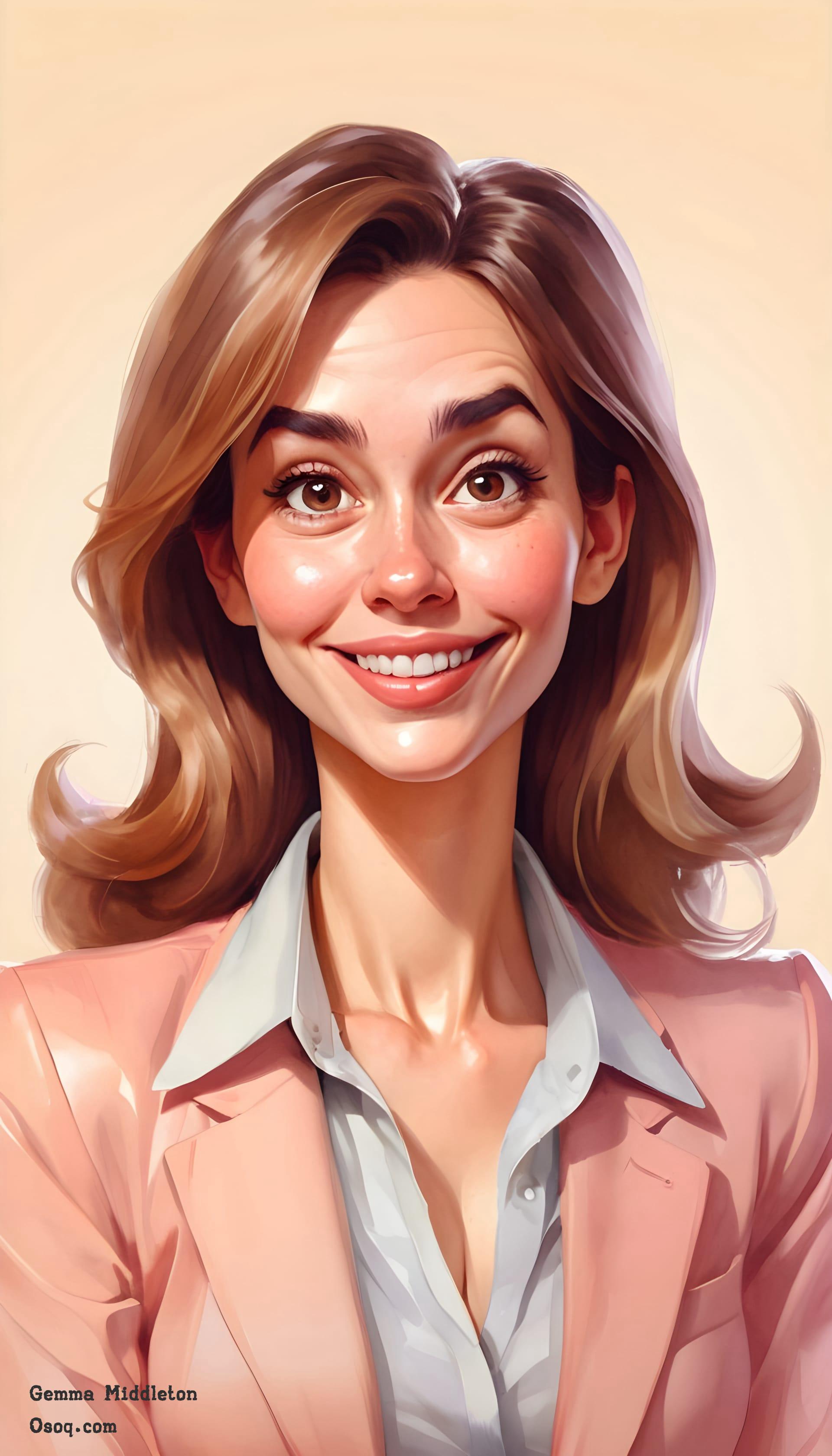
Caricature illustration is a playful art form that emphasizes and exaggerates distinctive features of its subjects. Often used in satire and humor, these illustrations highlight the unique characteristics of people, making them instantly recognizable.
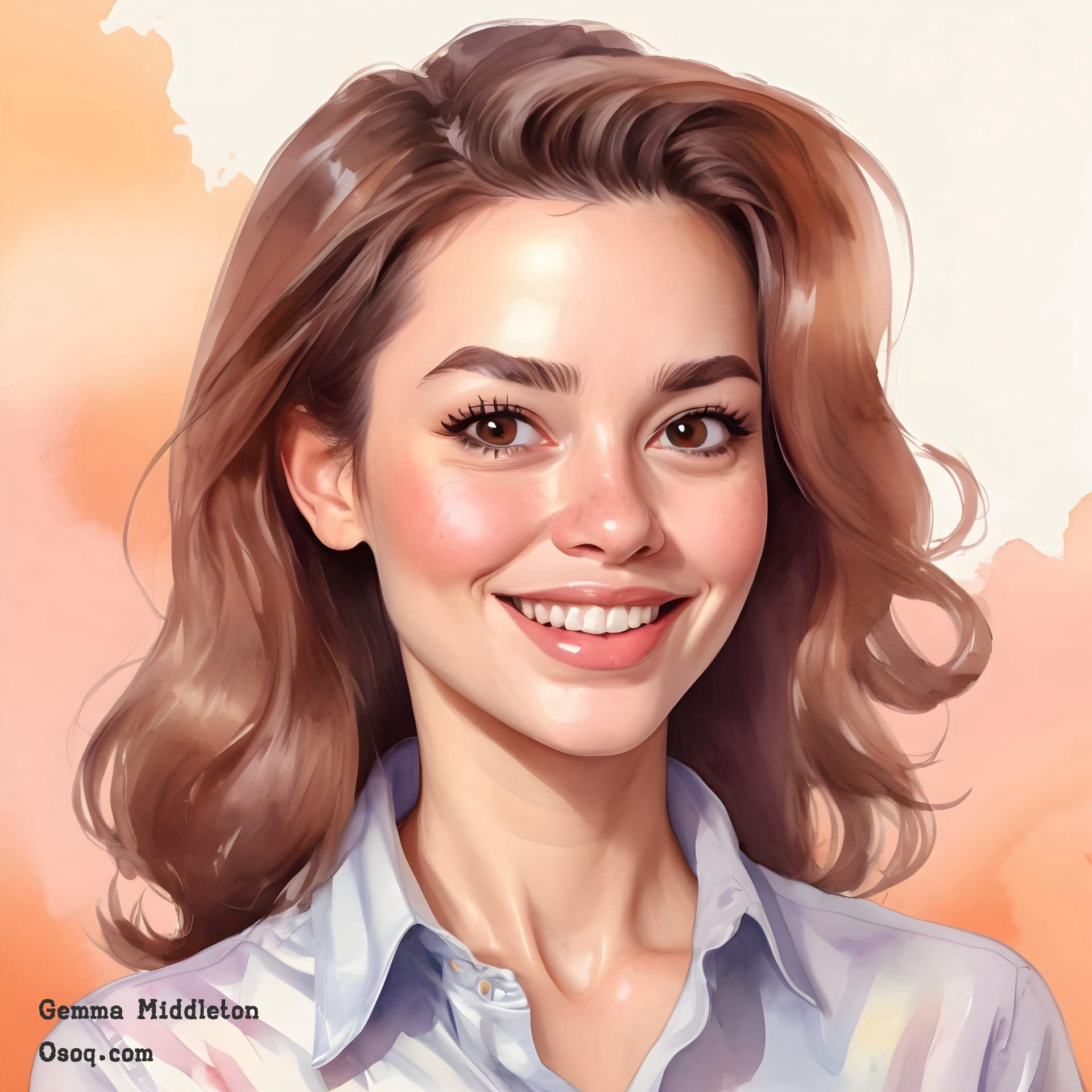
The roots of caricature illustration stretch back to the 16th century when Italian artists began using exaggerated artwork to depict public figures humorously. This tradition quickly spread across Europe.
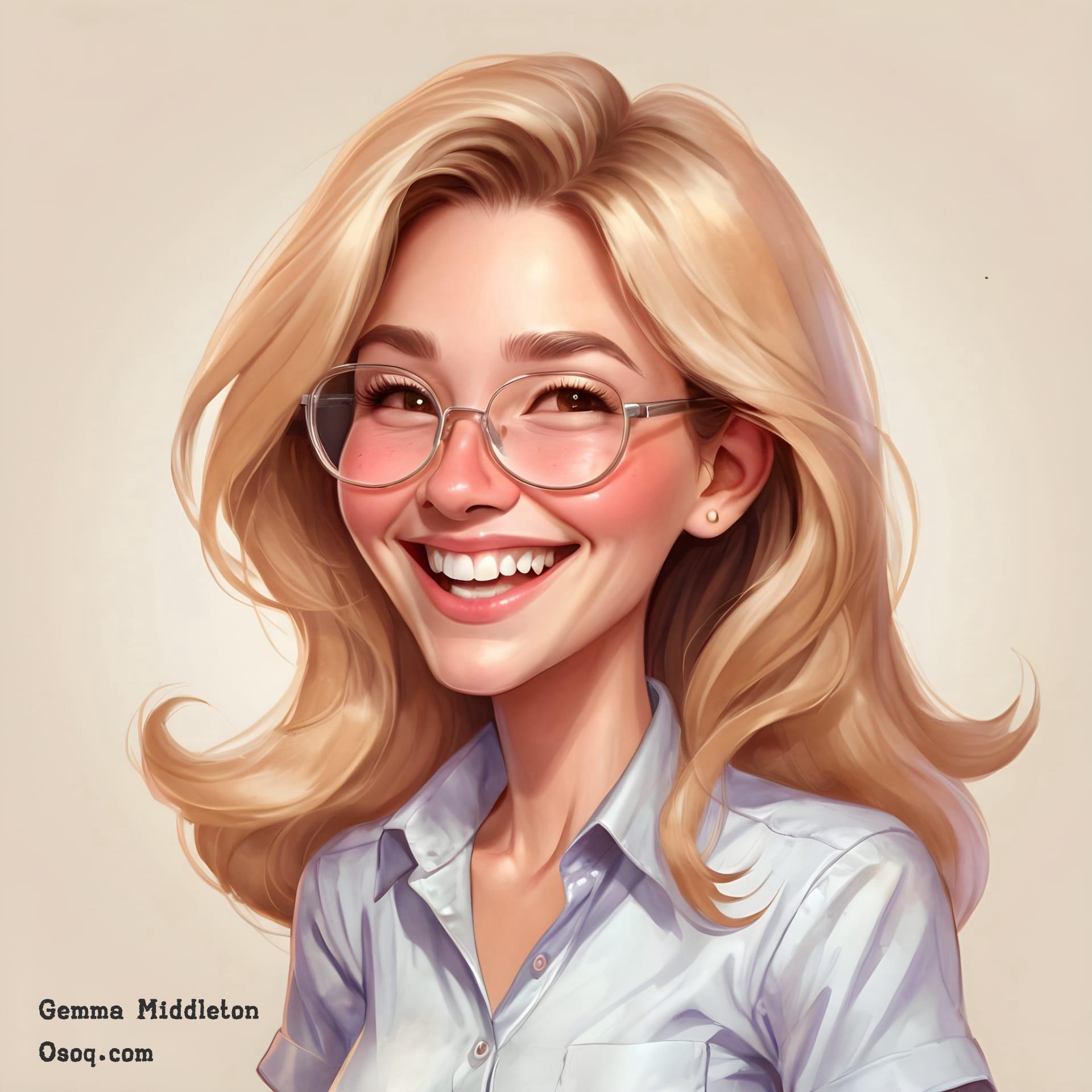
Modern caricatures often appear in editorial cartoons, offering a visual commentary on politics, celebrities, or social trends. They aim to provoke thought as well as entertain.
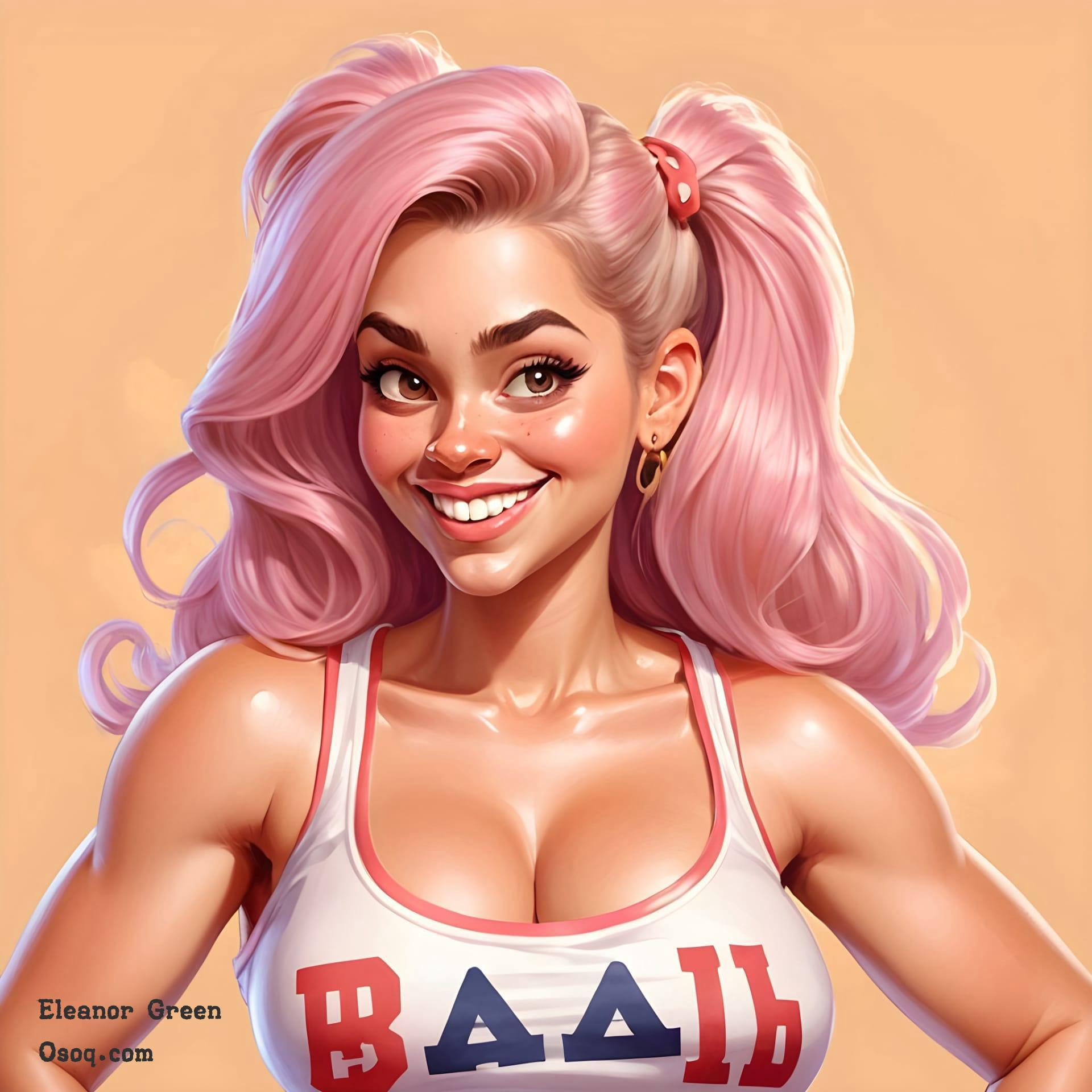
One key technique in caricature illustration is the selective enlargement or reduction of certain features. A caricaturist might enlarge a person's nose or ears to create a comedic or critical effect.
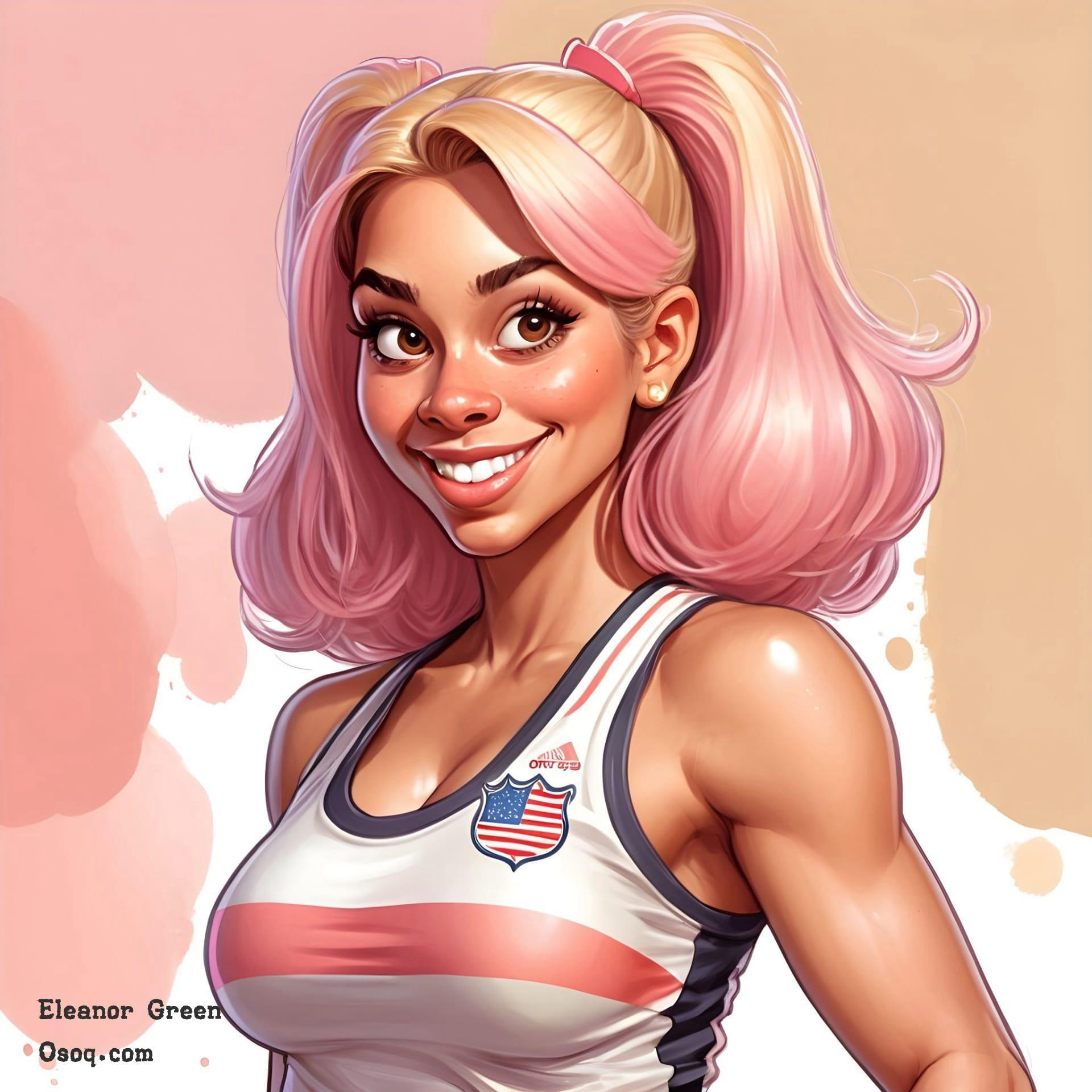
Color plays a vital role in caricatures. Bold and vibrant colors can help convey the mood of the piece, whether it's light-hearted or more critical.
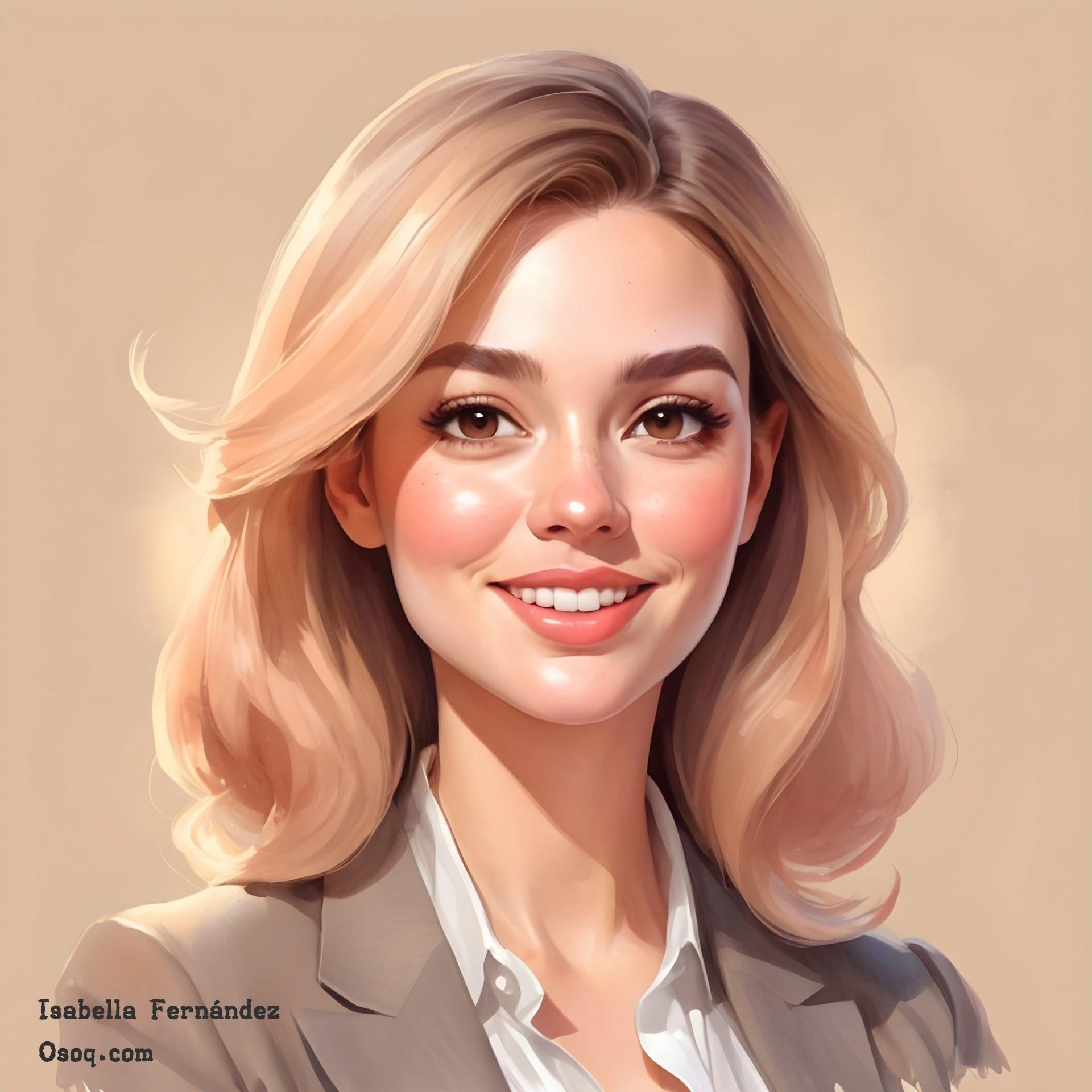
Technology has transformed caricature illustration, with digital tools allowing artists to create and share their work more efficiently. Software like Adobe Illustrator and Procreate has opened up new possibilities for stylization and effects.

Caricature artists often begin with a simple sketch, focusing on the structure of the face before adding exaggerated elements. This foundation helps maintain the subject’s recognizability.
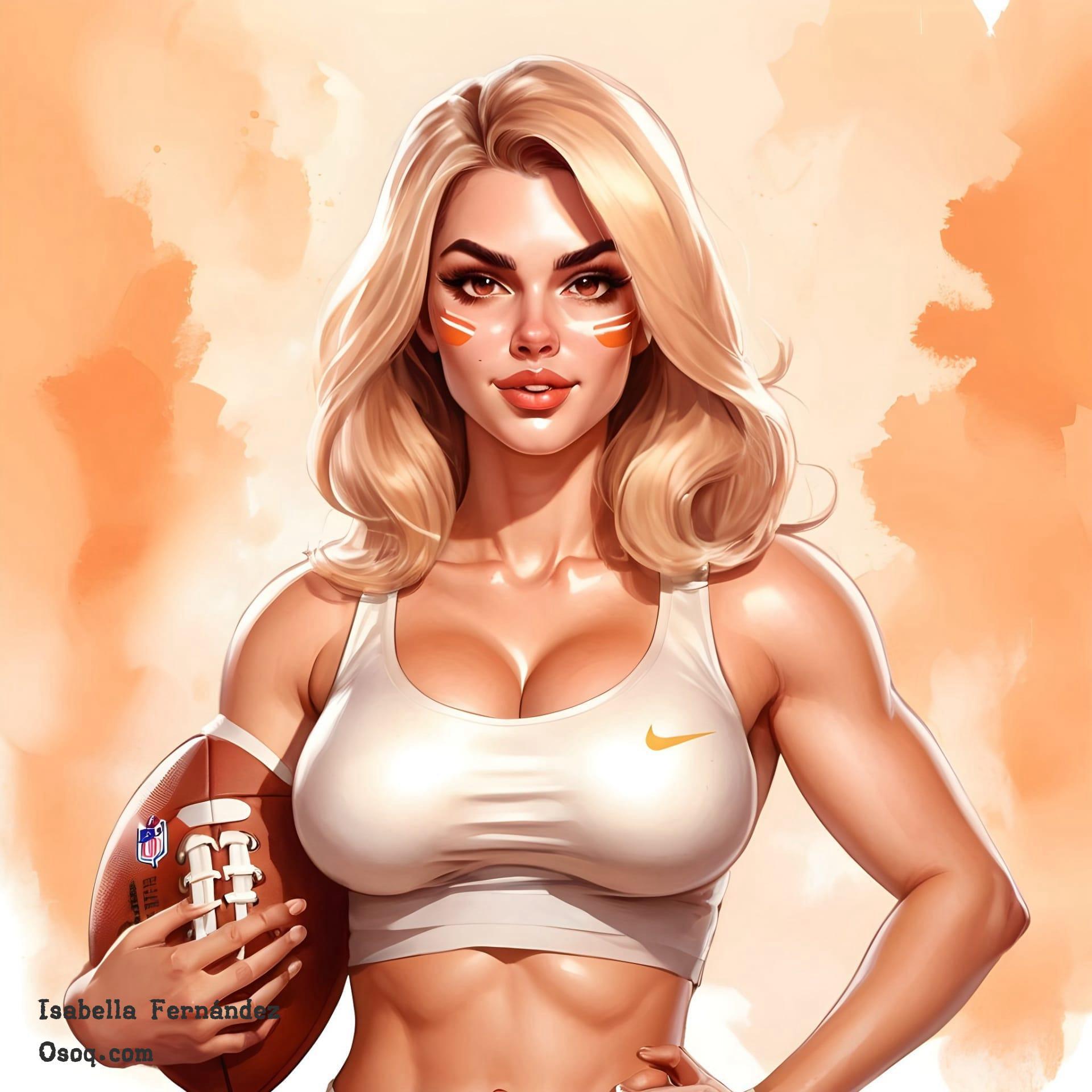
Exaggeration in caricature illustration isn't random; artists choose specific traits to emphasize based on their relevance or prominence in public perception.
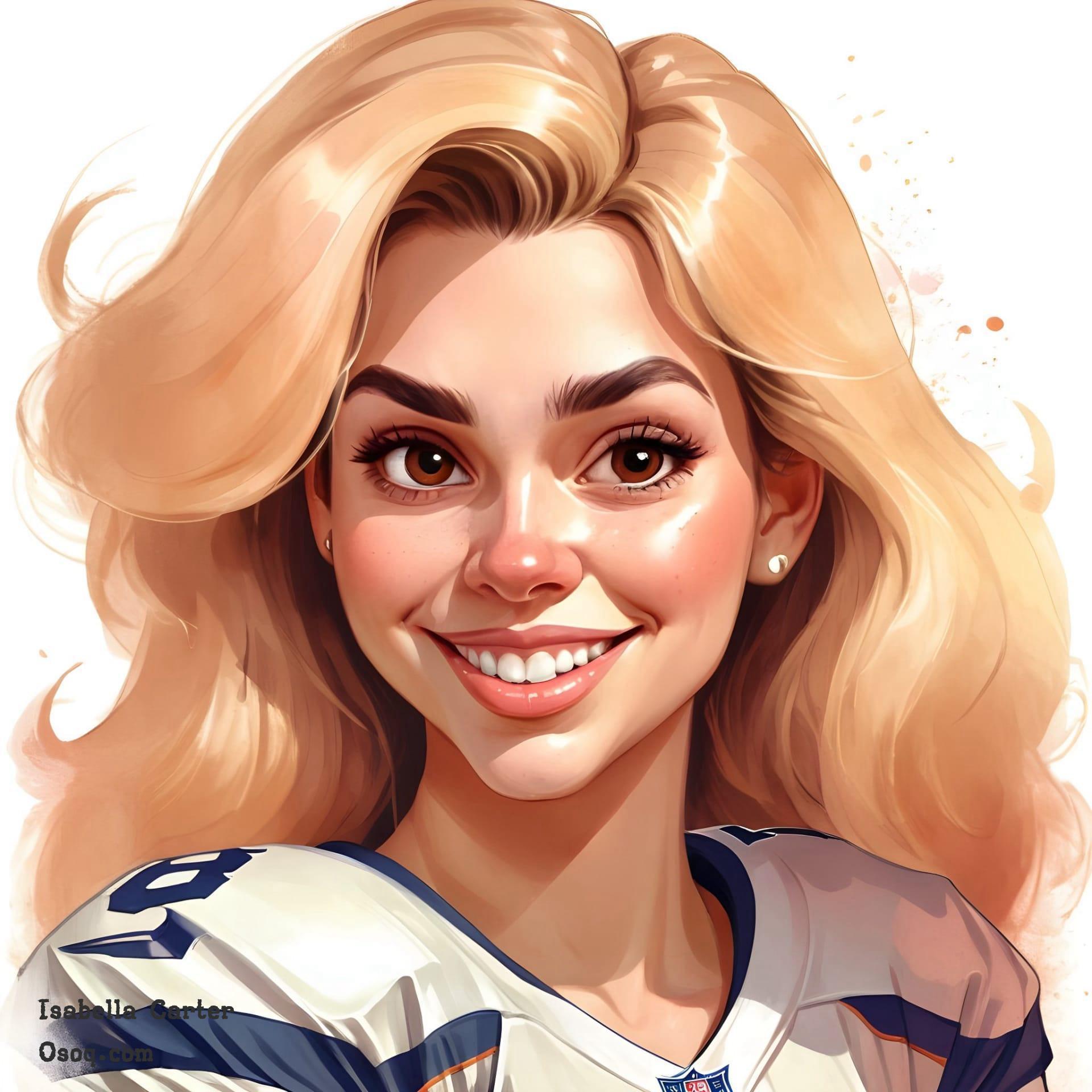
Historically, caricatures were not just for humor but also used as political tools to sway public opinion or criticize government policies without outright sedition.
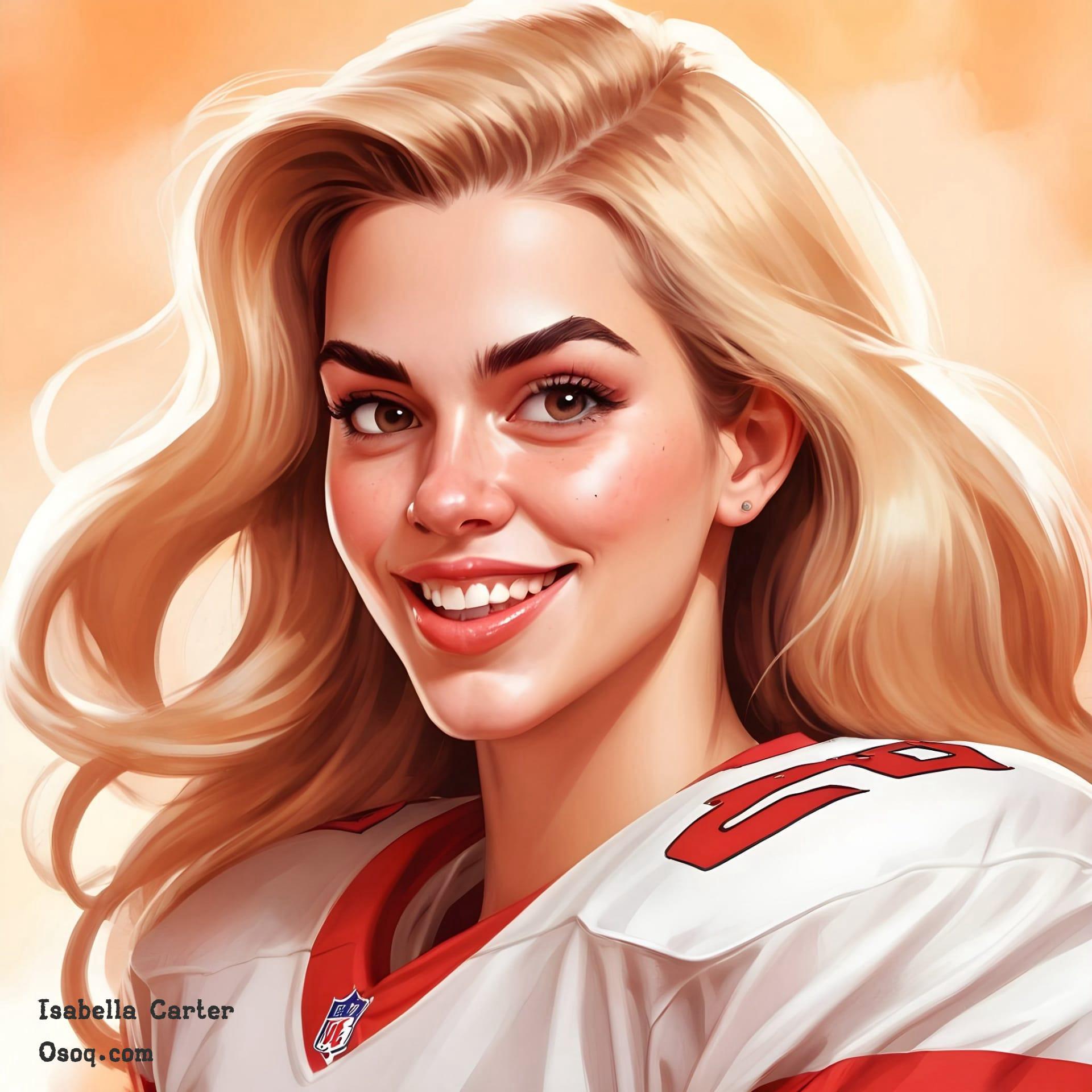
Caricature illustration can also be therapeutic. Artists often portray their personal emotions and reactions to societal issues through their exaggerated artworks.
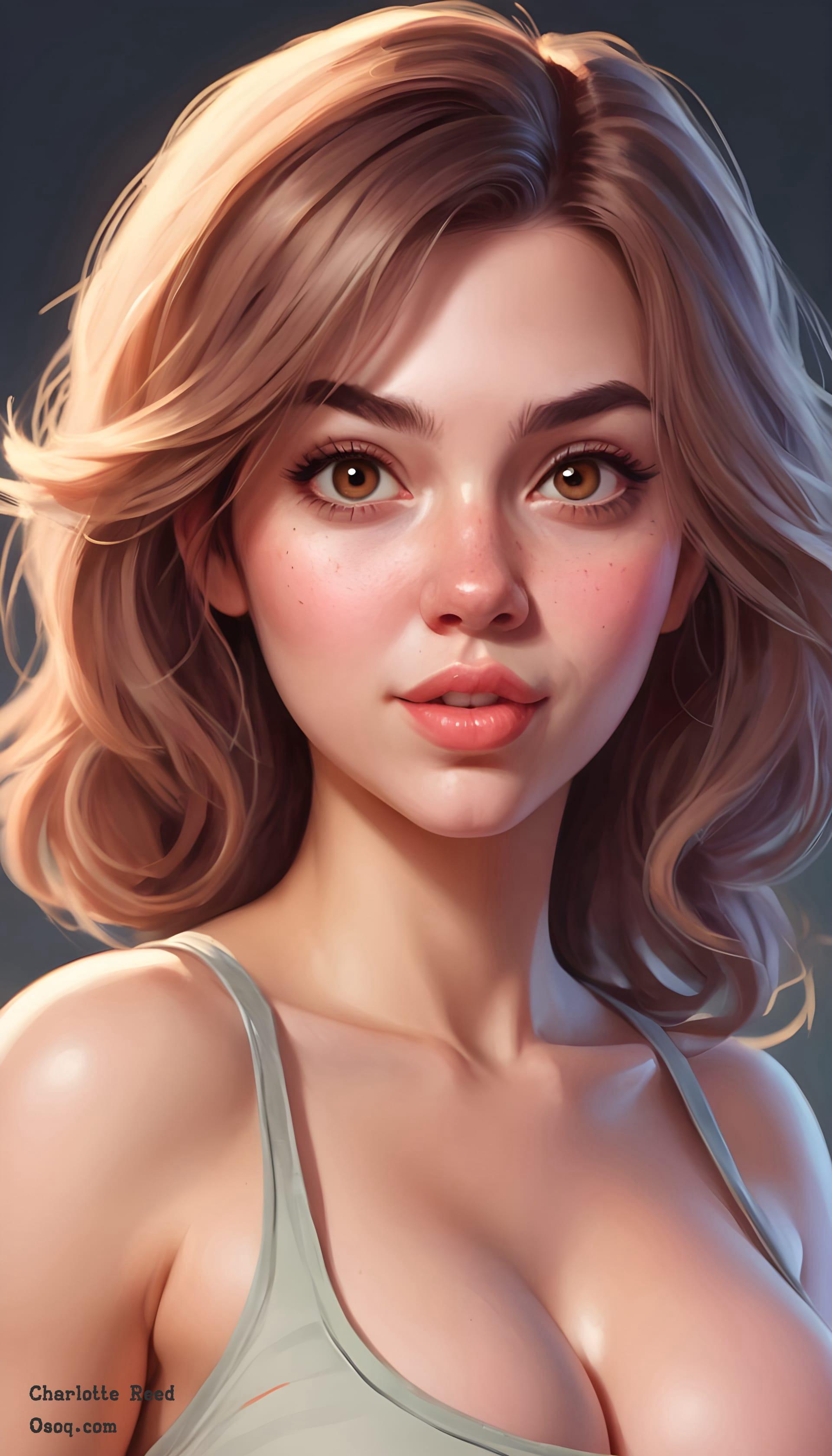
The line quality in caricatures is crucial. Fluid and dynamic lines can add a sense of movement and life to the illustration, making it more engaging.
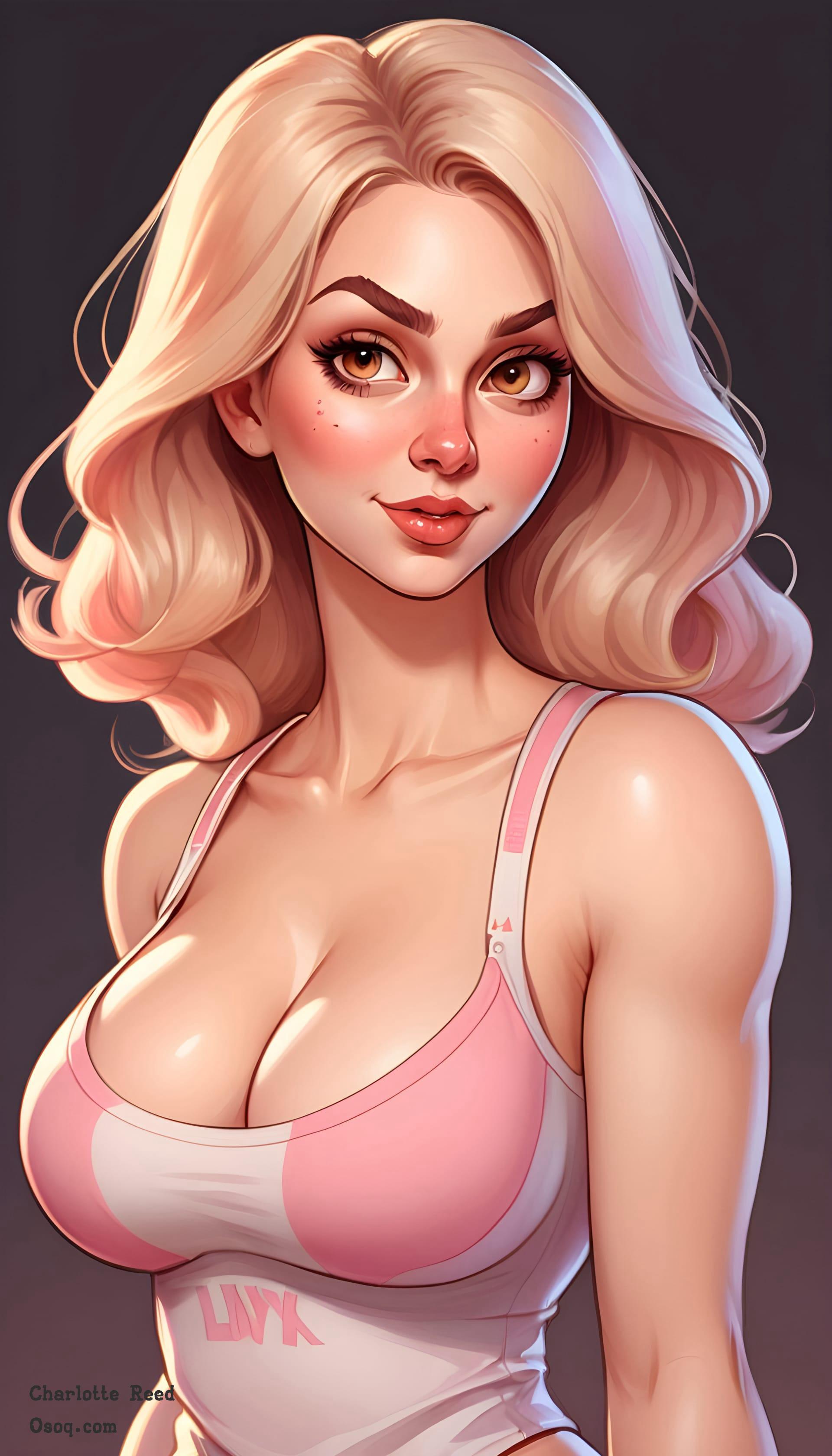
Professional caricaturists often work live, creating quick sketches of people at events. This not only entertains but also provides a unique, personalized piece of art.
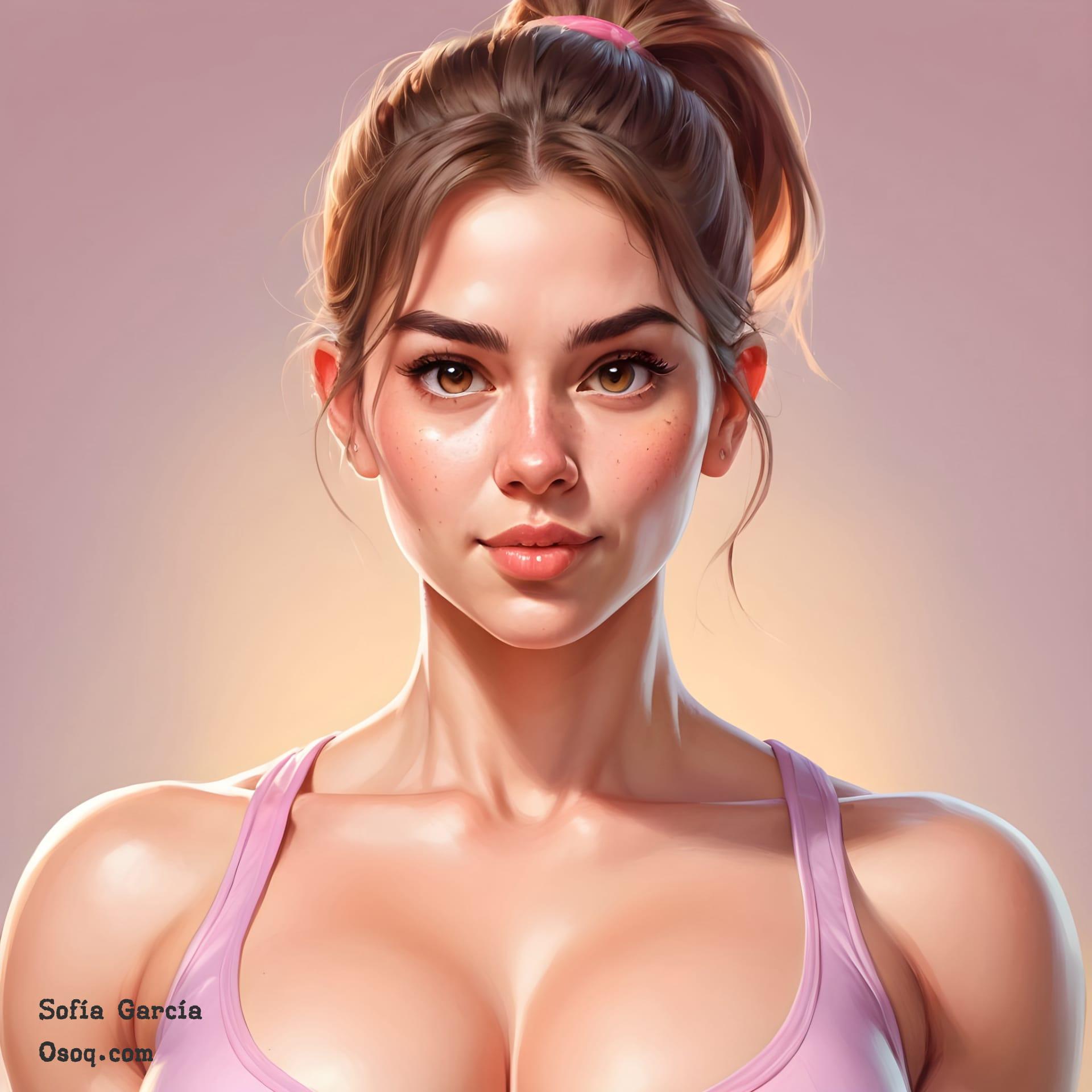
Caricature illustration requires a keen eye for detail and a solid understanding of human anatomy, despite its exaggerated nature. Artists must know the basics to manipulate them effectively.
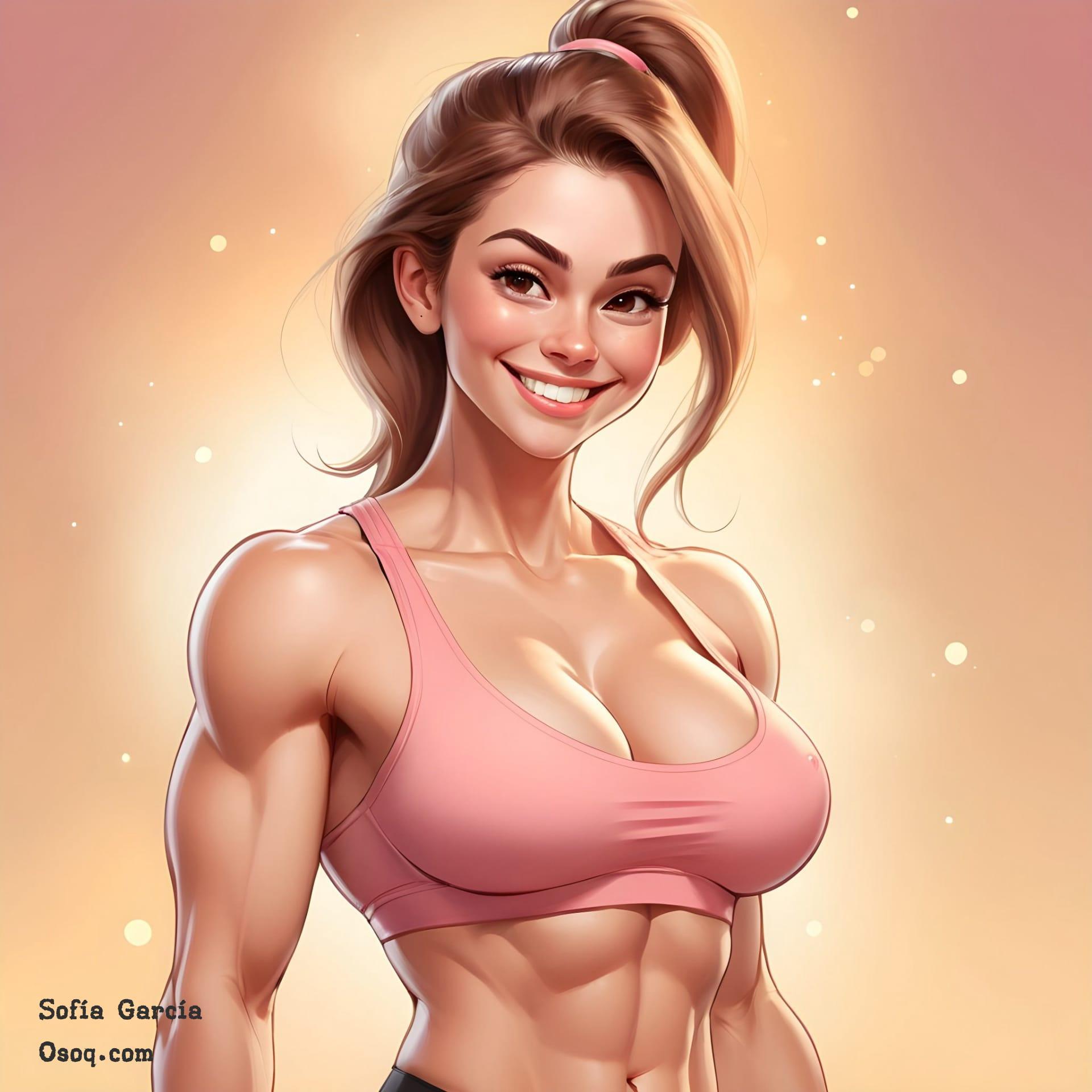
The impact of a caricature illustration can be powerful, making it a popular format in magazine and online articles, where they can quickly convey complex messages in a visual format.
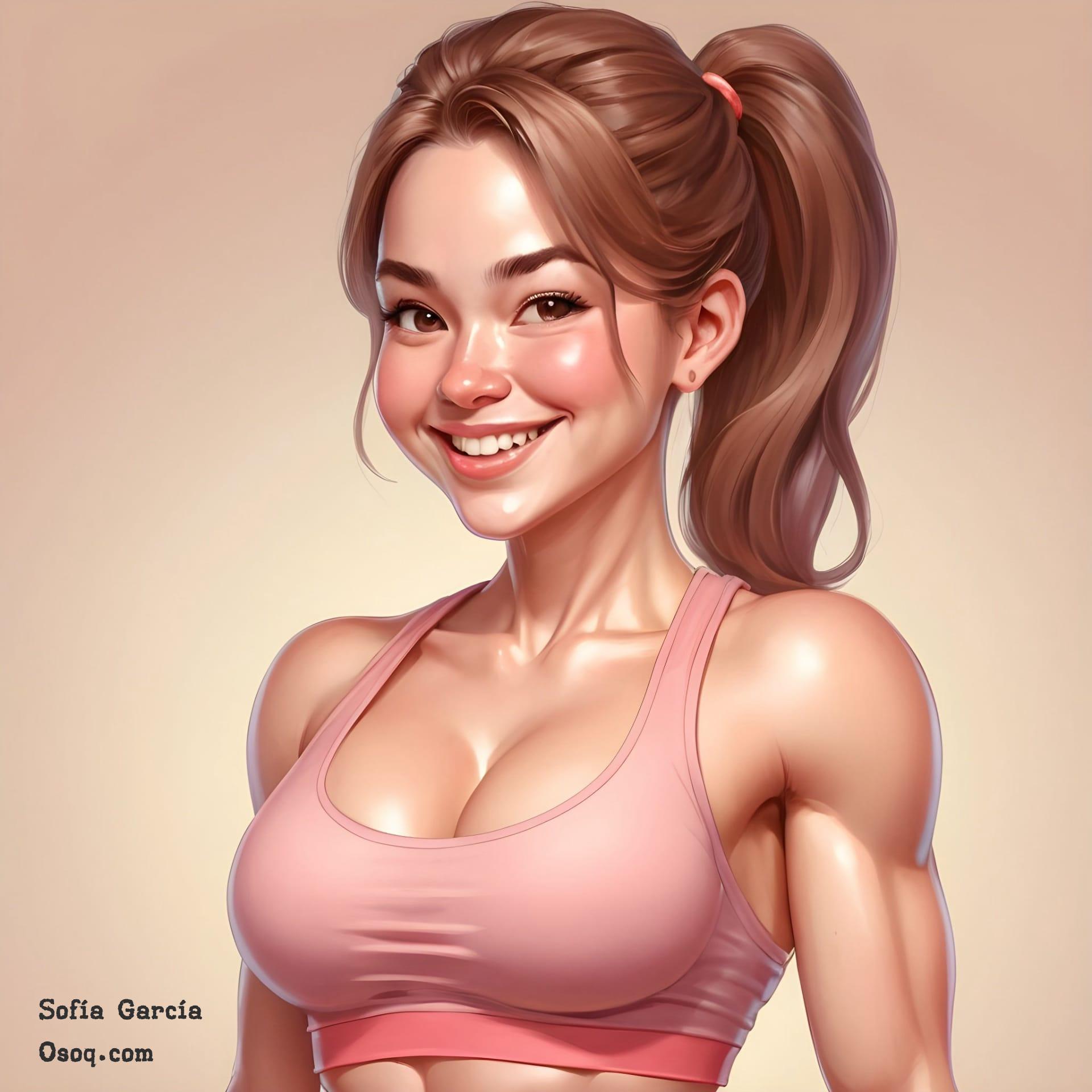
Some caricaturists use a minimalistic style, focusing on just a few lines to capture the essence of the subject, demonstrating that sometimes less is more in art.
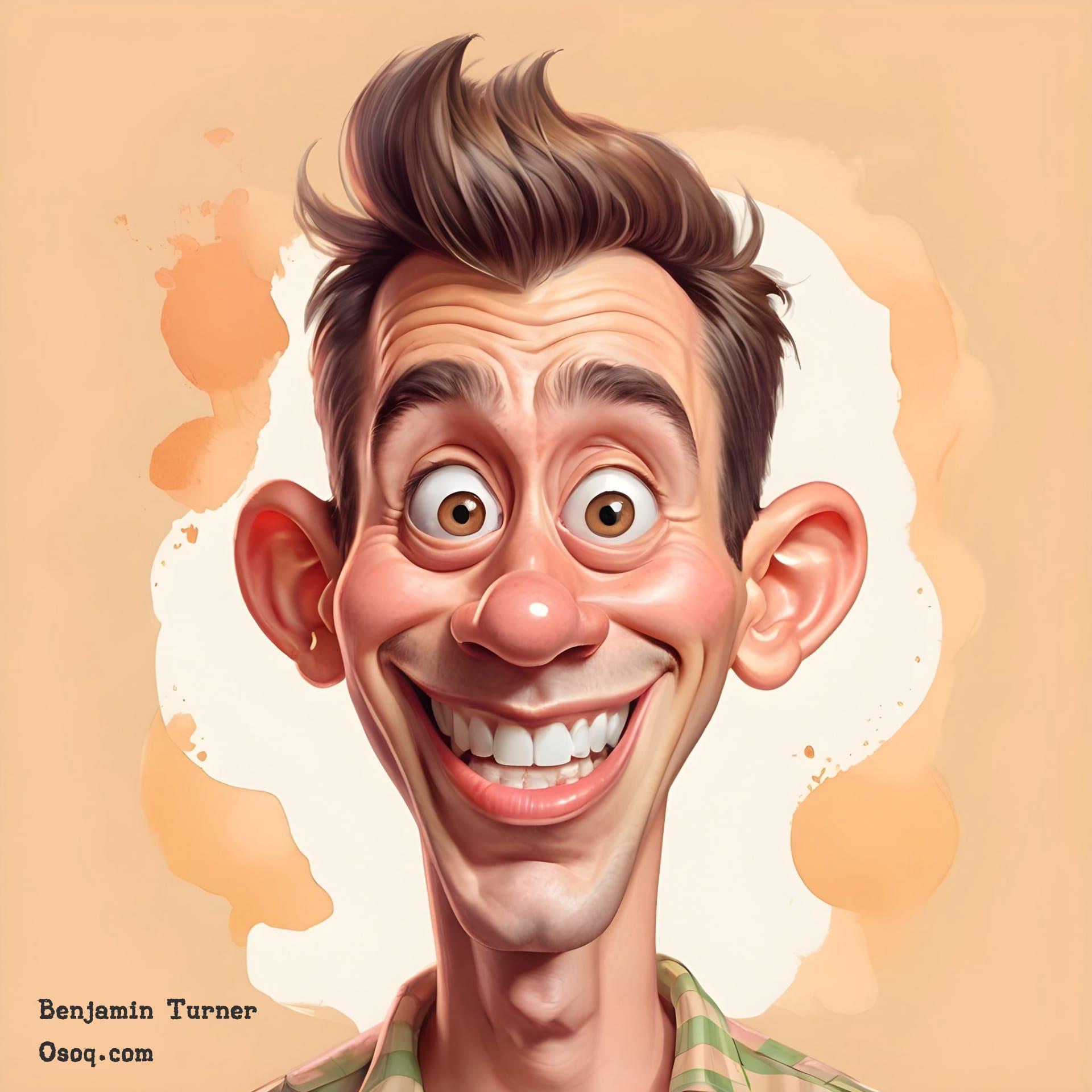
Interaction between the subject and the artist adds depth to caricature illustration, as artists often draw from real-life interactions or expressions observed in their subjects.
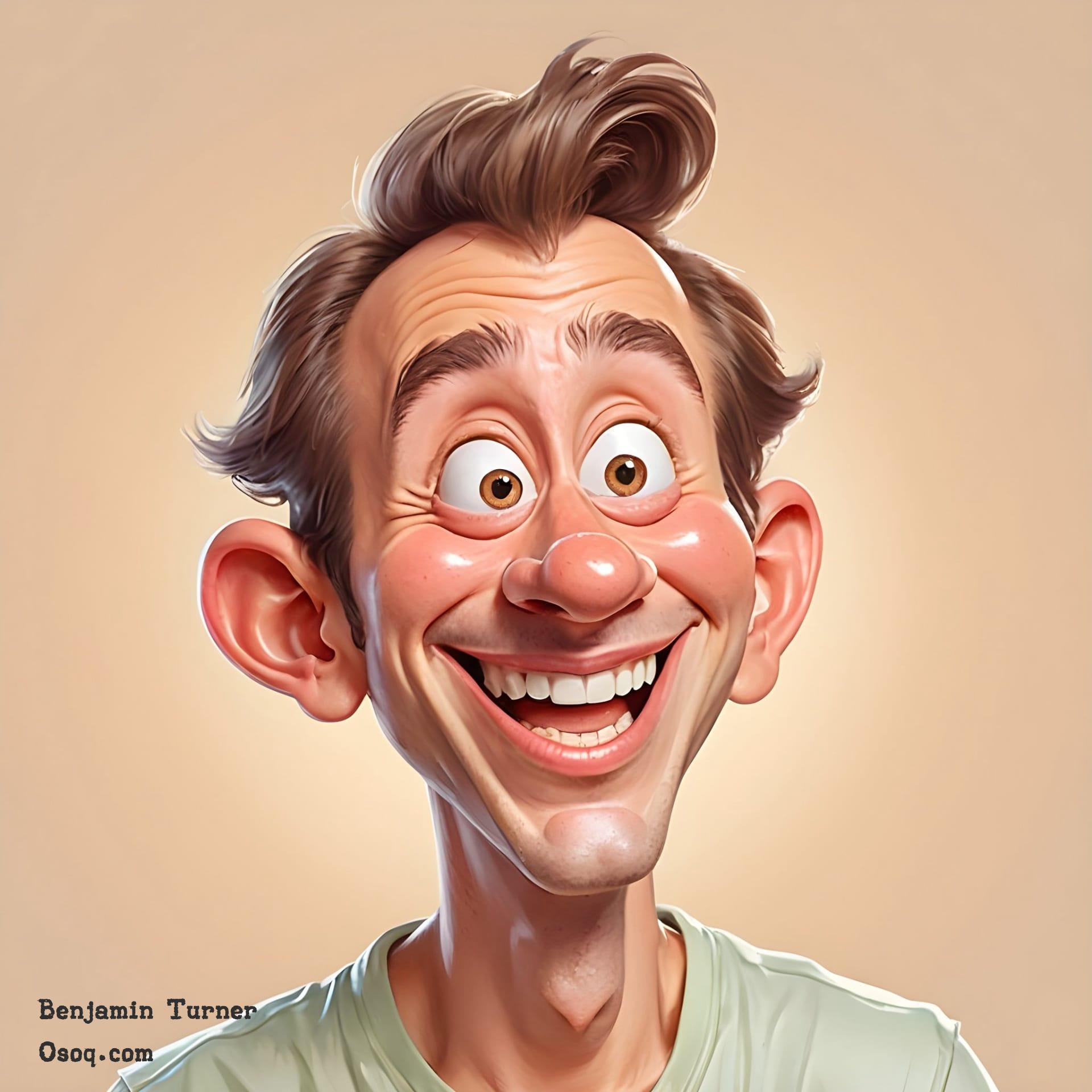
Caricatures are not just limited to individuals. Groups, such as political parties or sports teams, can also be represented in this style, often to highlight collective characteristics or common perceptions.
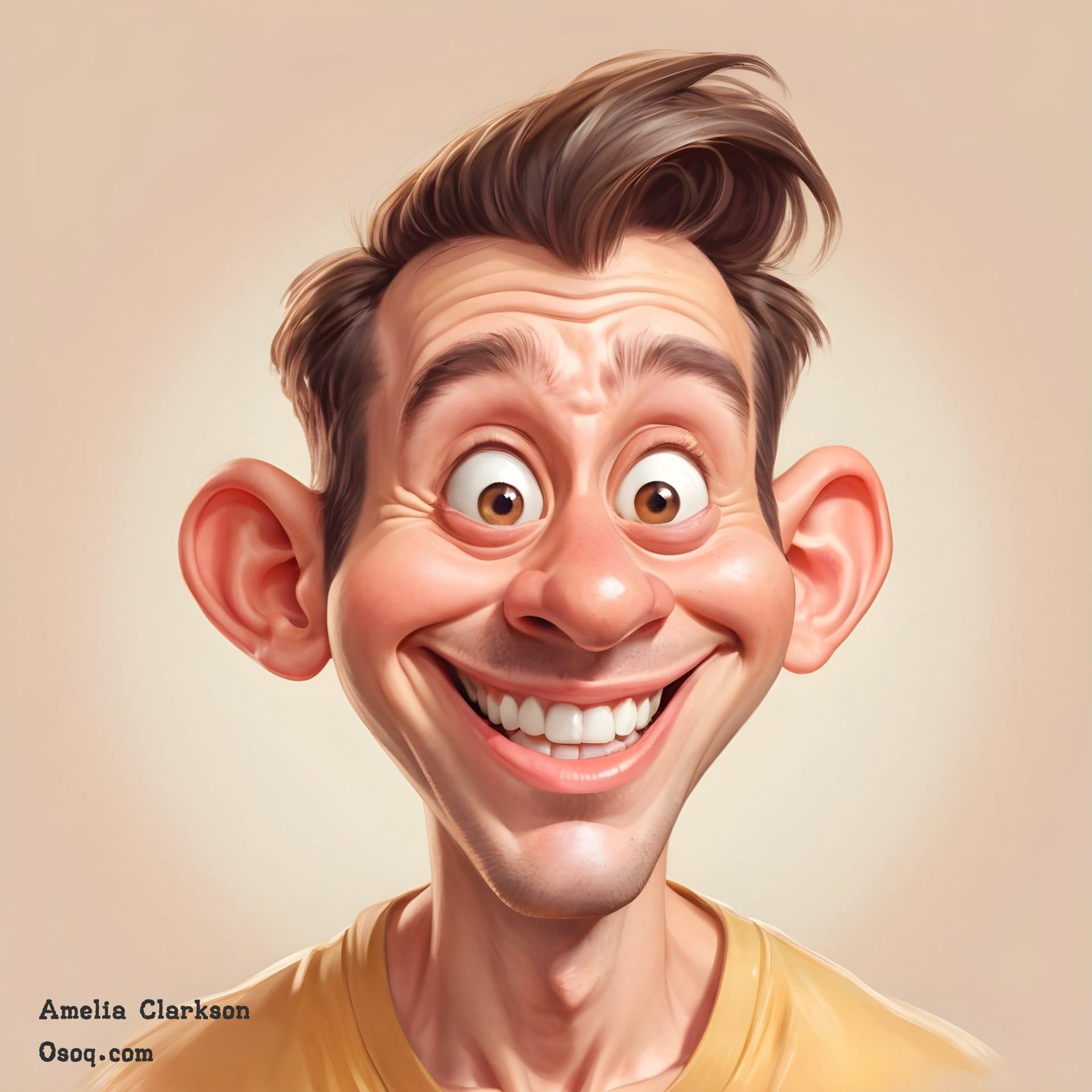
The global appeal of caricature illustration shows its versatility and universal language. It crosses cultural boundaries and can be appreciated by audiences worldwide.
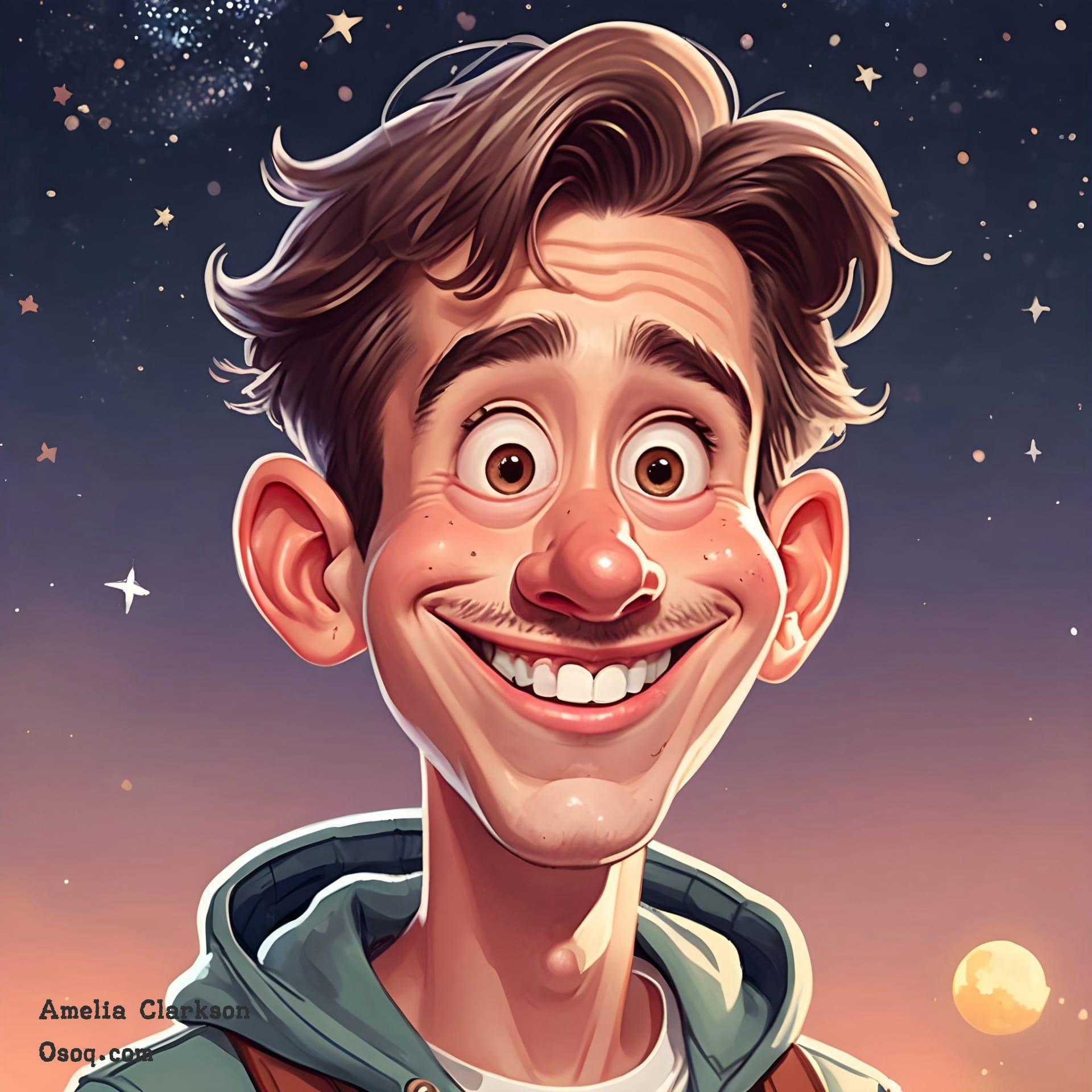
Education in art can greatly benefit those looking to specialize in caricature illustration, as understanding different styles and techniques can enhance an artist’s ability to adapt and innovate.
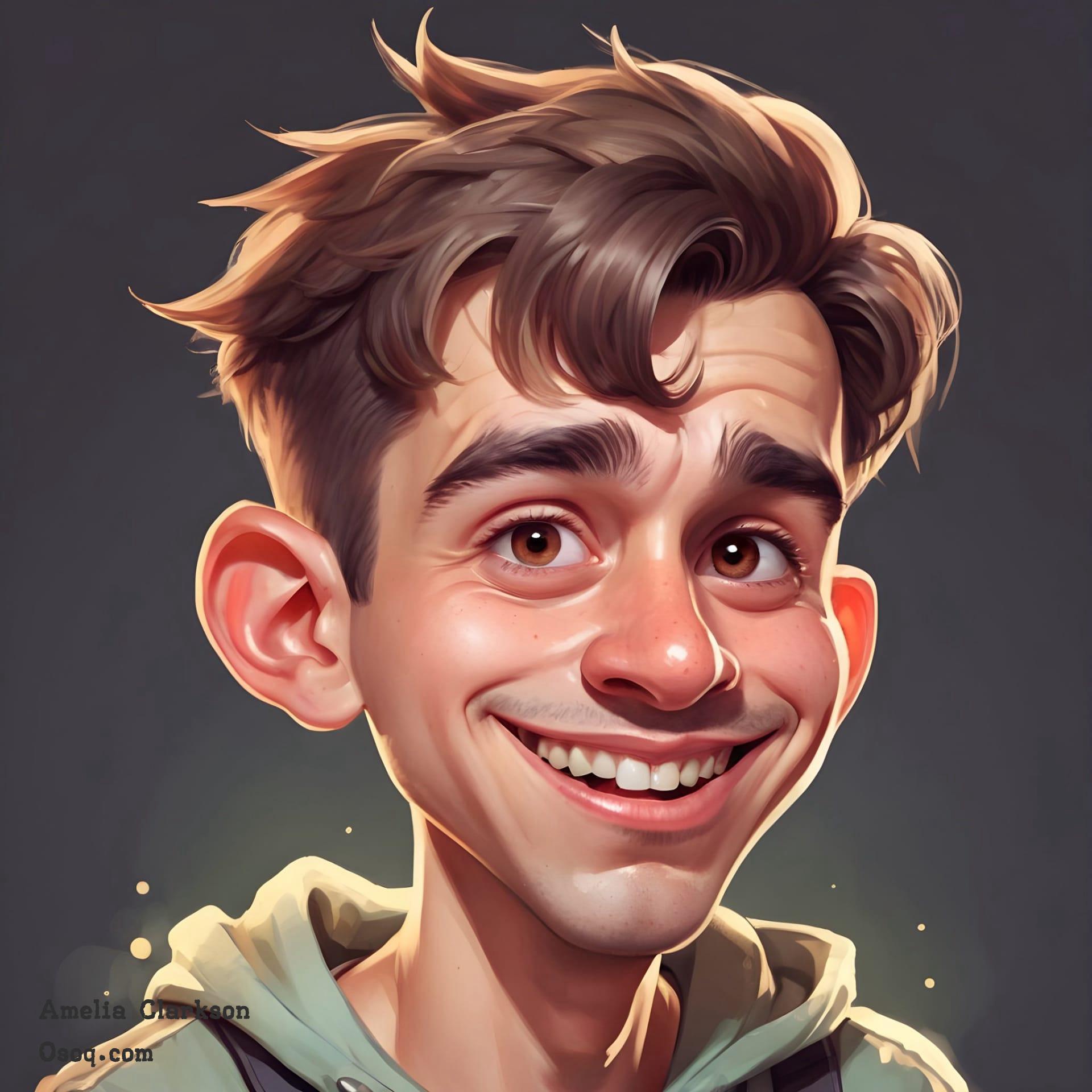
Practicing caricature illustration regularly not only hones an artist’s skill but also helps them develop a unique style, making their work stand out in a crowded field.